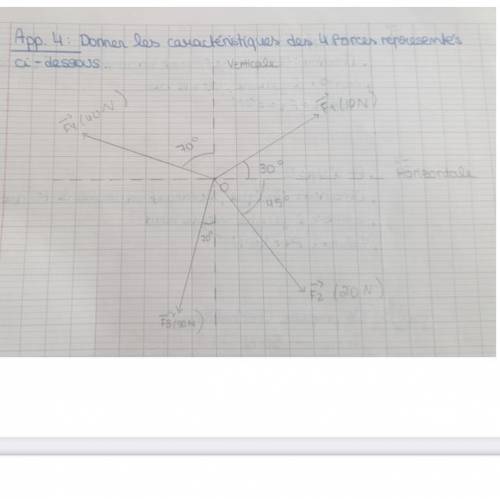Can someone please help me
...

Answers: 3


Other questions on the subject: Physics

Physics, 21.06.2019 21:20, sophie5064
Jason is a body builder. despite being more fit, he weighs more than his brother ryan, who is the same height. which is a possible reason? a. jason has more muscle mass than ryan does. b. jason has more body fat than ryan does. c. jason has more muscle mass and body fat than ryan does d. jason has less body fat than ryan does.
Answers: 1

Physics, 22.06.2019 00:10, oktacos
The energy released by a chemical reaction can be measured using a calorimeter. when barium hydroxide octahydrate crystals are reacted with dry ammonium chloride inside of a coffee cup calorimeter, the temperature of the 18.00 g of water in the calorimeter decreases from 30.0°c to 8.0°c. the equation for calculating energy absorbed or released by a reaction is: where q is the energy released or absorbed, m is the mass of water in the calorimeter, cp is the specific heat of water, and δt is the observed temperature change. if the specific heat of liquid water is 4.19 j/g·°c, how much energy was absorbed by the reaction?
Answers: 3

Physics, 22.06.2019 17:00, jenn8055
In the future, people will only enjoy one sport: electrodisc. in this sport, you gain points when you cause metallic discs hovering on a field to exchange charge. you are an electrodisc player playing the popular four disc variant. the disks have charges of qa = −8.0 µc, qb = −2.0 µc, qc = +5.0 µc, and qd = +12.0 µc. (1) you bring two disks together and then separate them. you measure the resulting charge of these two disks and find that it is +5.0 µc per disk. which two disks did you bring together? (a) a and b (b) a and c (c)a and d (d)b and c(e) b and d (f) c and d. (2) you bring three disks together and then separate them. you measure the resulting charge of these three disks and find that it is +3.0 µc per disk. which three disks did you bring together? a, b, and c (a) a, b, and d (c) a, c, and d (d) b, c, and d. (3) given the resulting charge of each disk measured in (b) is +3.0 µc, how many electrons would you need to add to a disk of this charge to electrically neutralize it? electrons
Answers: 3

Physics, 22.06.2019 22:10, shimmerandshine1
Astep up transformer has 250 turns on its primary and 500 turns on it secondary. when the primary is connected to a 200 v and the secondary is connected to a floodlight that draws 5a, what is the power output? show all of your work.
Answers: 1
You know the right answer?
Questions in other subjects:

Mathematics, 15.01.2021 23:00



English, 15.01.2021 23:00

English, 15.01.2021 23:00


Mathematics, 15.01.2021 23:00


Arts, 15.01.2021 23:00

Mathematics, 15.01.2021 23:00




